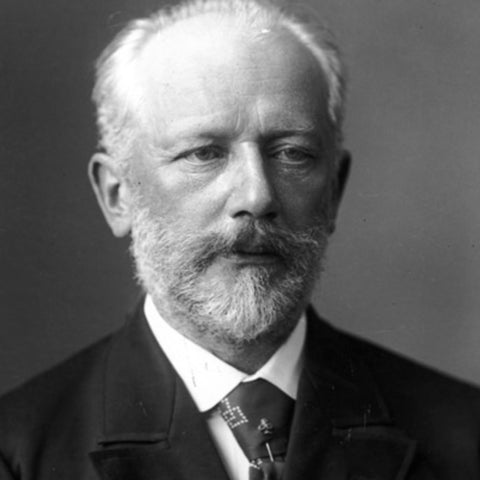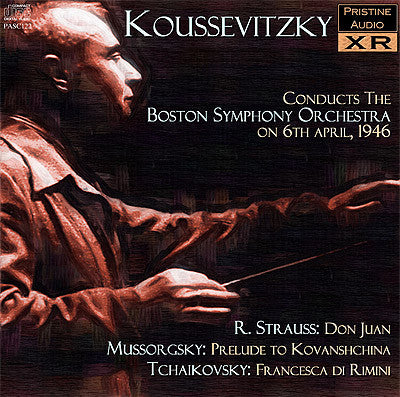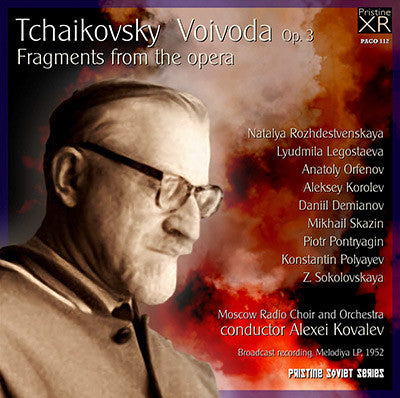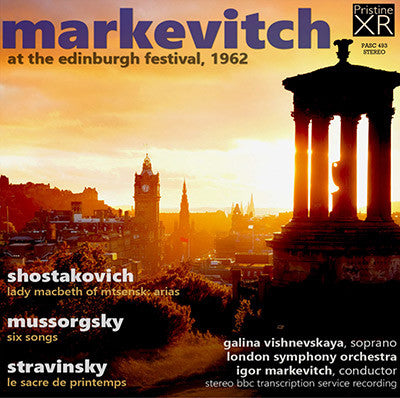Tchaikovsky

Although musically precocious, Tchaikovsky was educated for a career as a civil servant. There was scant opportunity for a musical career in Russia at that time and no system of public music education. When an opportunity for such an education arose, he entered the nascent Saint Petersburg Conservatory, from which he graduated in 1865. The formal Western-oriented teaching he received there set him apart from composers of the contemporary nationalist movement embodied by the Russian composers of The Five, with whom his professional relationship was mixed. Tchaikovsky's training set him on a path to reconcile what he had learned with the native musical practices to which he had been exposed from childhood. From this reconciliation, he forged a personal but unmistakably Russian style—a task that did not prove easy. The principles that governed melody, harmony and other fundamentals of Russian music ran completely counter to those that governed Western European music; this seemed to defeat the potential for using Russian music in large-scale Western composition or for forming a composite style, and it caused personal antipathies that dented Tchaikovsky's self-confidence. Russian culture exhibited a split personality, with its native and adopted elements having drifted apart increasingly since the time of Peter the Great. This resulted in uncertainty among the intelligentsia about the country's national identity—an ambiguity mirrored in Tchaikovsky's career.
Despite his many popular successes, Tchaikovsky's life was punctuated by personal crises and depression. Contributory factors included his early separation from his mother for boarding school followed by his mother's early death, the death of his close friend and colleague Nikolai Rubinstein, and the collapse of the one enduring relationship of his adult life, which was his 13-year association with the wealthy widow Nadezhda von Meck. His homosexuality, which he kept private, has traditionally also been considered a major factor, though some musicologists now downplay its importance. Tchaikovsky's sudden death at the age of 53 is generally ascribed to cholera; there is an ongoing debate as to whether cholera was indeed the cause of death, and whether it was accidental or self-inflicted.
While his music has remained popular among audiences, critical opinions were initially mixed. Some Russians did not feel it was sufficiently representative of native musical values and expressed suspicion that Europeans accepted the music for its Western elements. In an apparent reinforcement of the latter claim, some Europeans lauded Tchaikovsky for offering music more substantive than base exoticism and said he transcended stereotypes of Russian classical music. Others dismissed Tchaikovsky's music as "lacking in elevated thought," according to longtime New York Times music critic Harold C. Schonberg, and derided its formal workings as deficient because they did not stringently follow Western principles.

Tchaikovsky
R. STRAUSS Don Juan
MUSSORGSKY Prelude to Kovanshchina
TCHAIKOVSKY Francesca di Rimini
Live concert recording 1946
Total duration: 50:48
Boston Symphony Orchestra
conducted by Sergei Koussevitzky
TCHAIKOVSKY Symphony No. 4
TCHAIKOVSKY Symphony No. 4
Recorded 1949
Total duration: 78:37
Boston Symphony Orchestra
conducted by Serge Koussevitzky
TCHAIKOVSKY Symphony No. 6 'Pathétique'
TCHAIKOVSKY Francesca da Rimini
Live broadcast recordings, 1946
Total duration: 72:16
Boston Symphony Orchestra
conducted by Serge Koussevitzky
Studio recording · 1952
Total duration: 72:20
Olena - L. Legostaeva
Bastrukov - A. Orfenov
Dubrovin - A. Korolev
Voivoda - D. Demianov
Choir and Orchestra of Radio Moscow
Aleksey Kovalev, conductor
J. S. BACH Concerto for 2 Violins
BEETHOVEN Violin Concerto
BRAHMS Violin Concerto
BRUCH Violin Concerto No. 1
KREISLER Violin Concerto (in the style of Vivaldi)
MENDELSSOHN Violin Concerto
MOZART Violin Concerto No. 4
PAGANINI (arr., Kreisler) Violin Concerto in One Movement
Studio recordings, 1915-1945
Total duration: 3hr 27:33
Fritz Kreisler, violin
Berlin State Opera Orchestra
The Philadelphia Orchestra
Victor String Orchestra
conductors: Sir Landon Ronald, Eugene Goossens, Leo Blech, Eugene Ormandy, Donald Voorhees
TCHAIKOVSKY Francesca da Rimini*
SHOSTAKOVICH Lady Macbeth of Mtsensk - 2 Arias
MUSSORGSKY Six Songs
STRAVINSKY The Rite of Spring
Live stereo concert recording, 1962
*Download only - not on CD
Total duration: 91:42 (download); 67:42 (CD)
Galina Vishnevskaya, soprano
London Symphony Orchestra
Igor Markevitch, conductor






